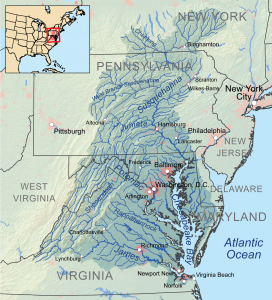On October 11, 2016, in partnership with local officials and community-based organizations, NYLCVEF hosted a forum on the topic of green infrastructure in the Buffalo-Niagara metropolitan region. The forum featured two panel discussions of policymakers and green infrastructure experts:
Panel 1: Lynda Schneekloth, Professor Emeritus at the University at Buffalo School of Architecture and Planning (Moderator)
Julie Barrett O’Neill, General Counsel, Buffalo Sewer Authority
Maris Grundy, Sustainable Landscaping Manager, PUSH Buffalo
Kathleen Buckler, Wetland Ecologist, Army Corps of Engineers
Scott Rybarczyk, Associate Principal and Senior Stormwater Engineer, Wendel
Sean Burkholder, Professor of Landscape and Urban Design, University at Buffalo School of Architecture and Planning
Panel 2: Carley Hill, Safety Director and Environmental Officer, Union Concrete and NYLCV Education Fund Board Member (Moderator)
Jill Jedlicka, Executive Director and Riverkeeper, Buffalo Niagara Riverkeeper
Justin Booth, Executive Director, Go Bike Buffalo
Brian Kulpa, Mayor, Village of Williamsville
Bart Roberts, Associate Director of Research and Faculty Engagement, UB Regional Institute
The first panel discussion reviewed the innovative work of the green infrastructure work being done by the Buffalo Sewer Authority, PUSH Buffalo, the Army Corps of Engineers, Wendel and the UB School of Architecture and Planning. Each panelist emphasized the importance of collaboration, and the City of Buffalo was recognized for its innovation and continued leadership on the issue. Drawing from varied experience in wastewater treatment, workforce development, wetland ecology, engineering and design, the multidisciplinary panel identified some early successes in the region’s efforts to capture and control stormwater runoff. Panelists also discussed some of the key challenges to implementing these projects in the future, including the need for maintenance funding and civic engagement to broaden public understanding of the importance of investing public funds in green infrastructure projects.
The second group of panelists from Buffalo Niagara Riverkeeper, Go Bike Buffalo, the Village of Williamsville and the UB Regional Institute followed this conversation by taking a bigger picture view of the role that green infrastructure could play in future regional planning efforts and watershed management. Despite this different focus, panelists echoed many sentiments of the previous group. Specific projects such as the Niagara Street Gateway were lauded for including a complete streets model in design and implementation, a feature that can maximize the multiple positive effects of green infrastructure investments in the future. The importance of leadership from policymakers, another recurring theme from the first panel, was also raised as a significant opportunity for envisioning and implementing green infrastructure in local municipalities and across the region. Panelists agreed that continued public engagement will be essential for all of these reasons, ultimately enabling the region to capture the benefits of the One Region Forward planning process.
The forum was hosted by the Buffalo History Museum, generously sponsored by Roux Associates and Union Concrete, and featured by WBFO Buffalo.










